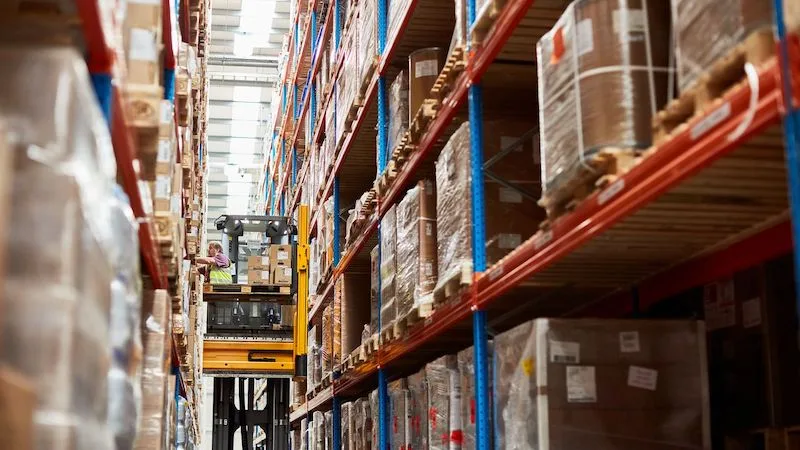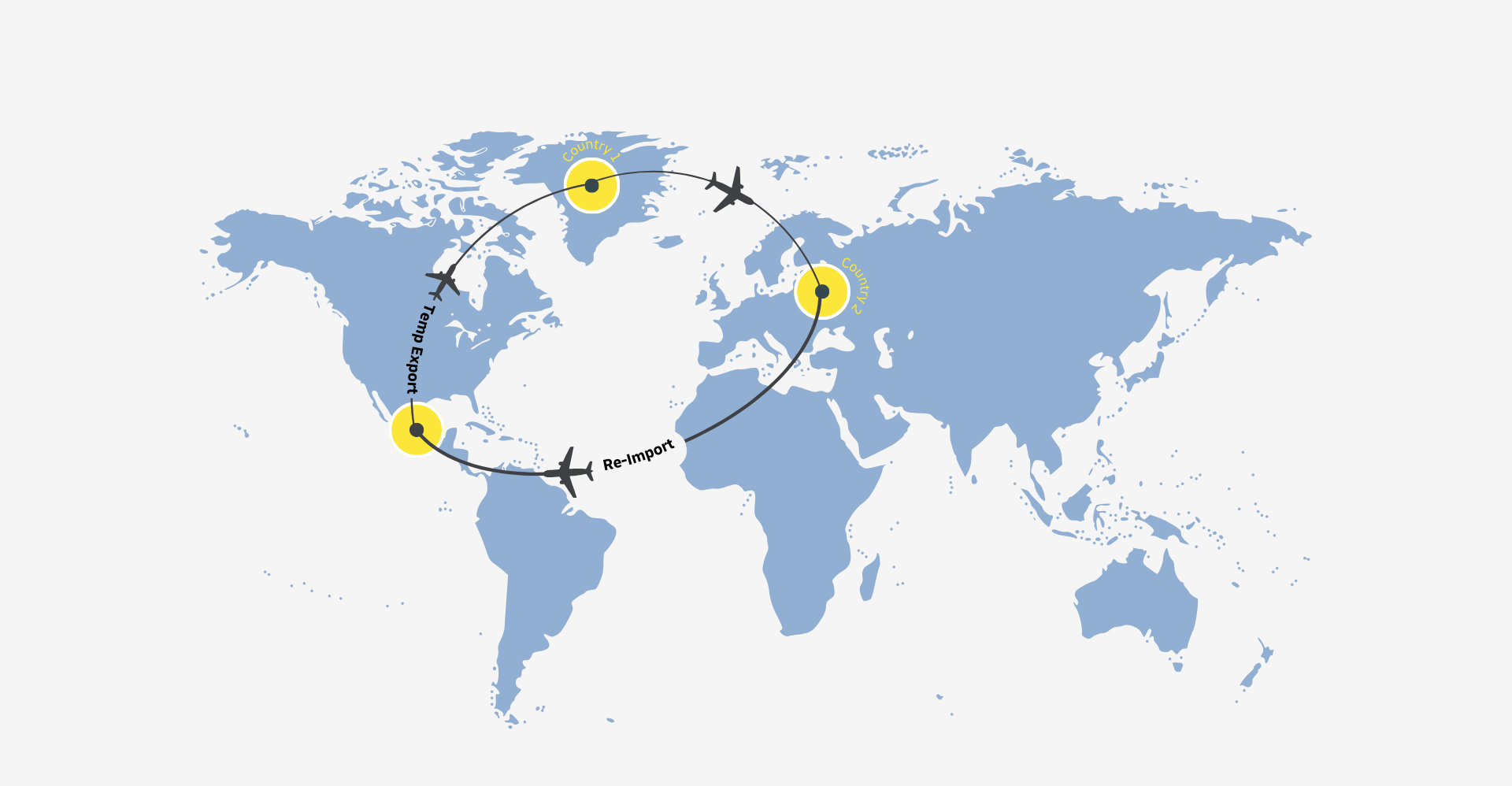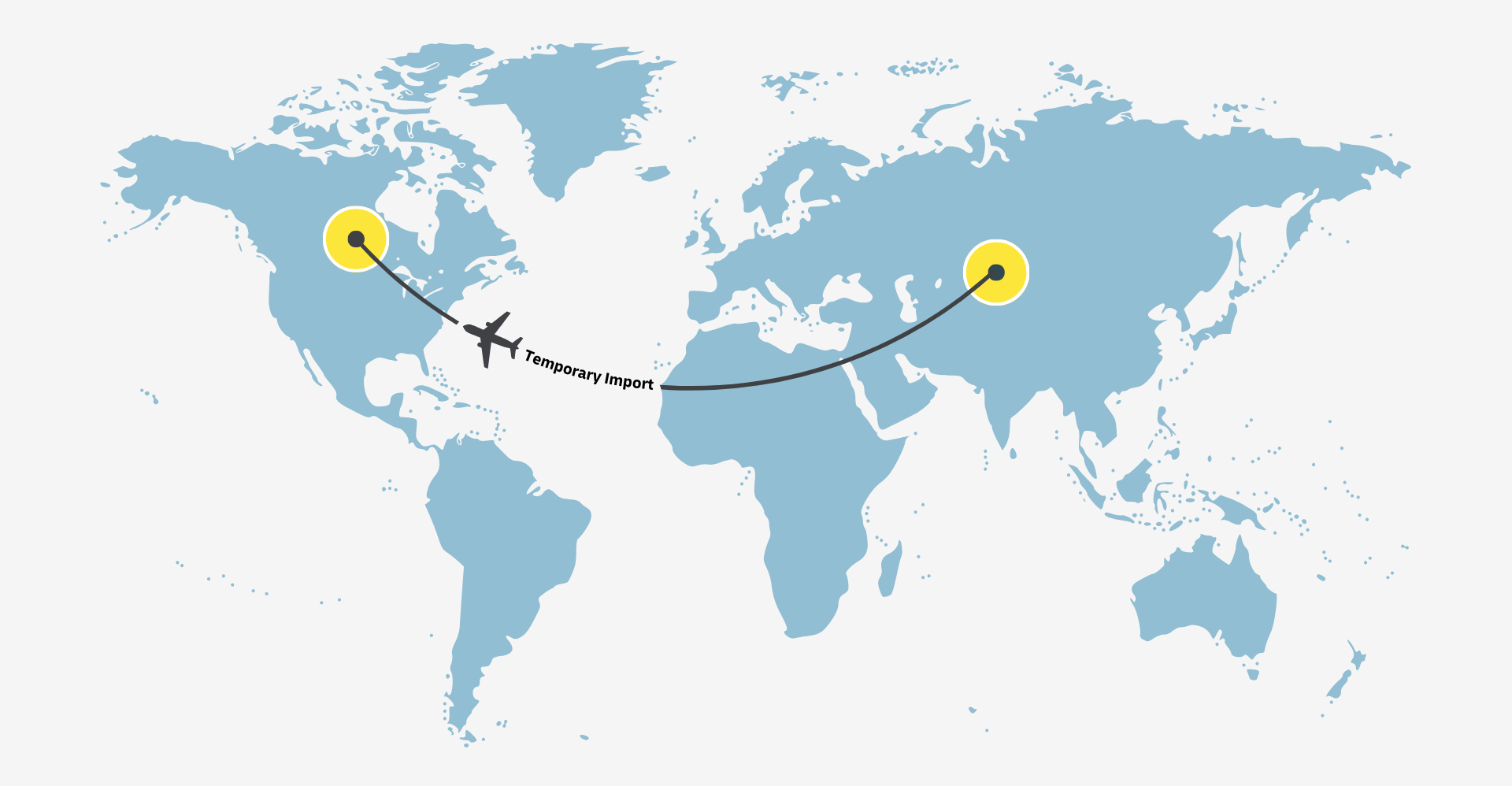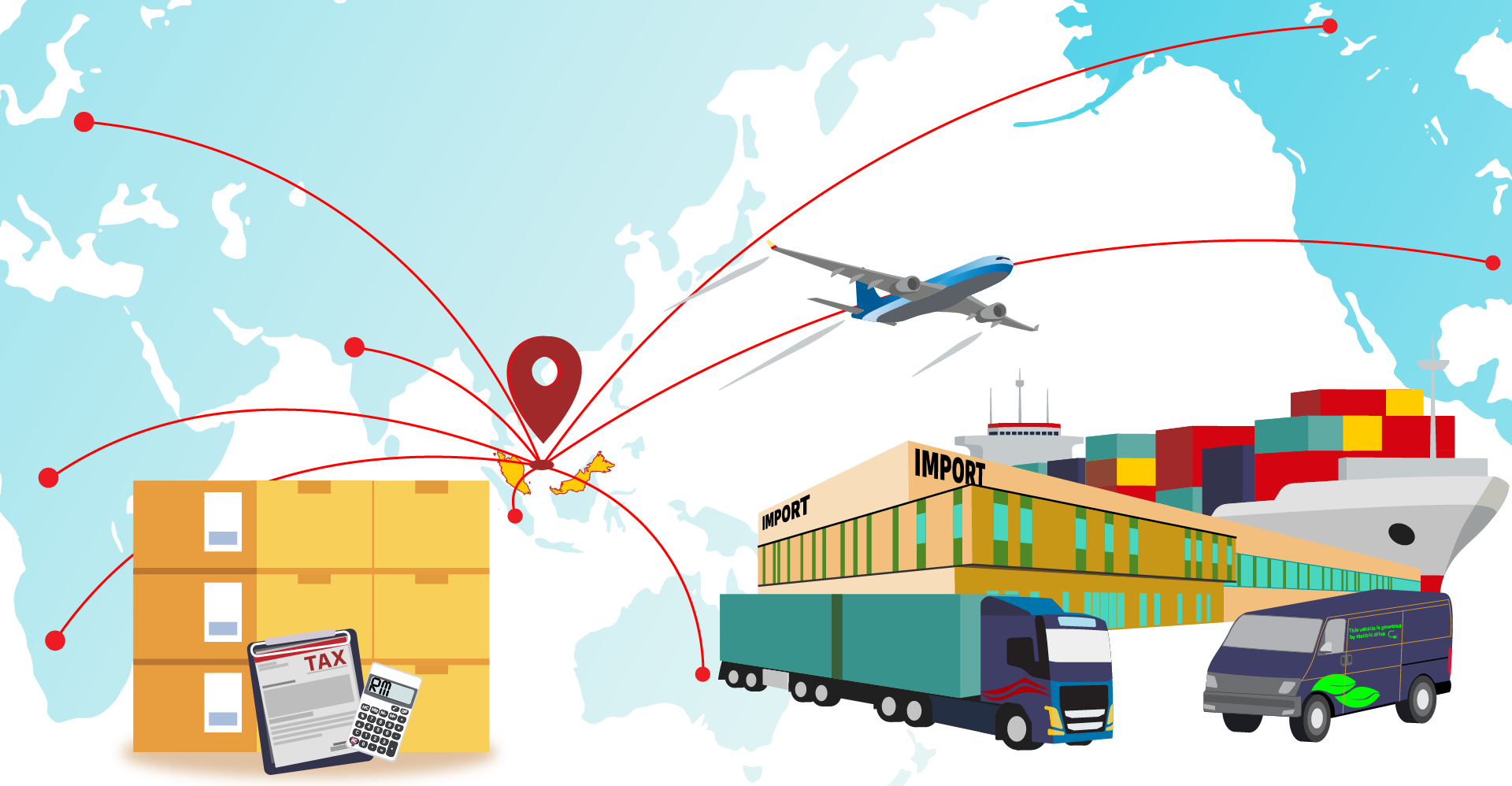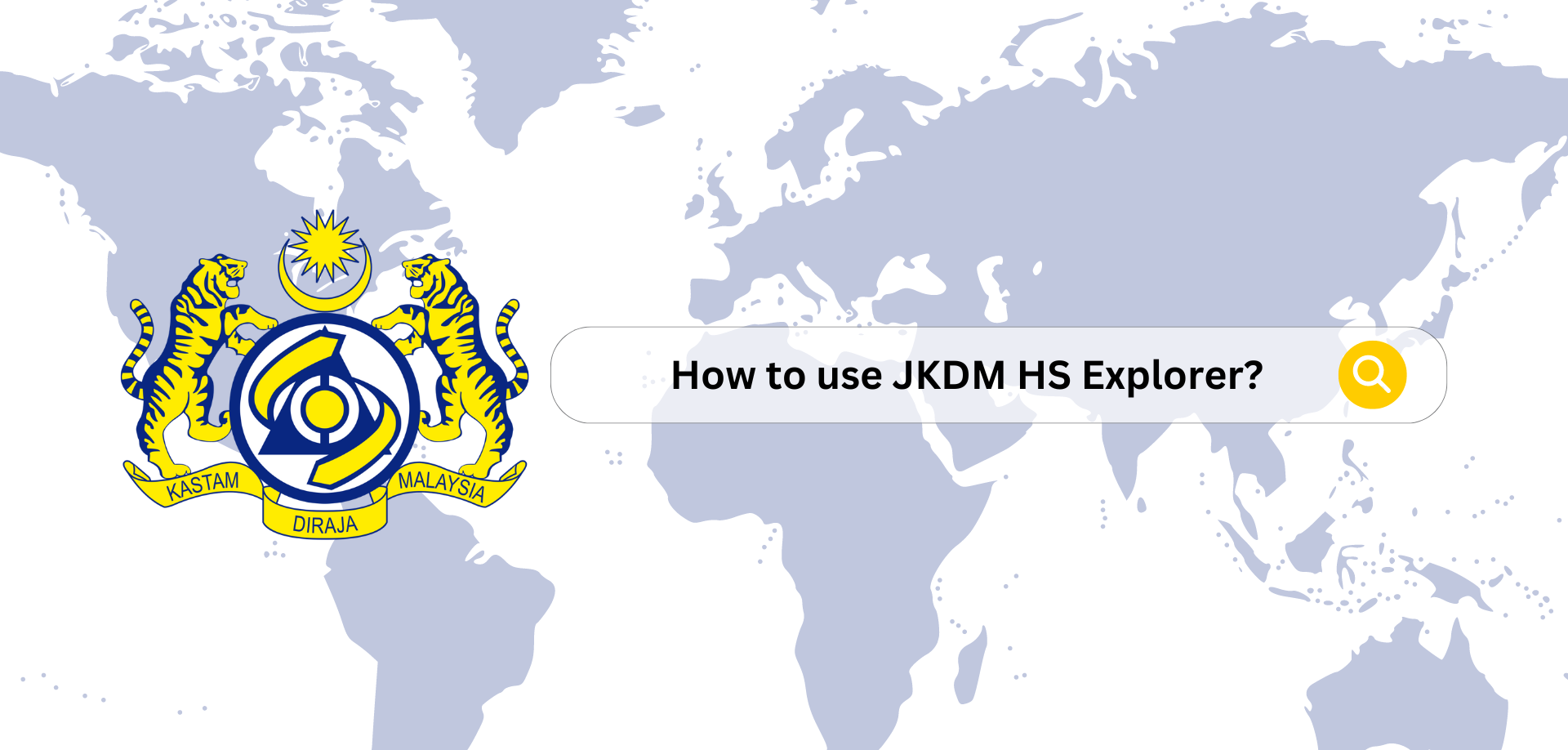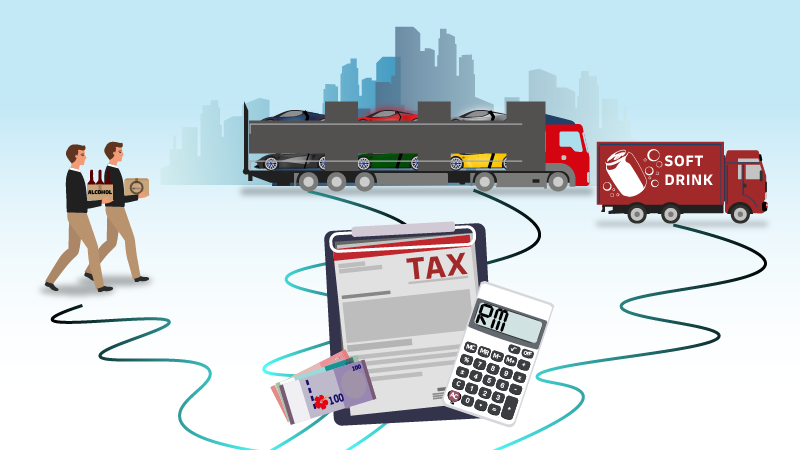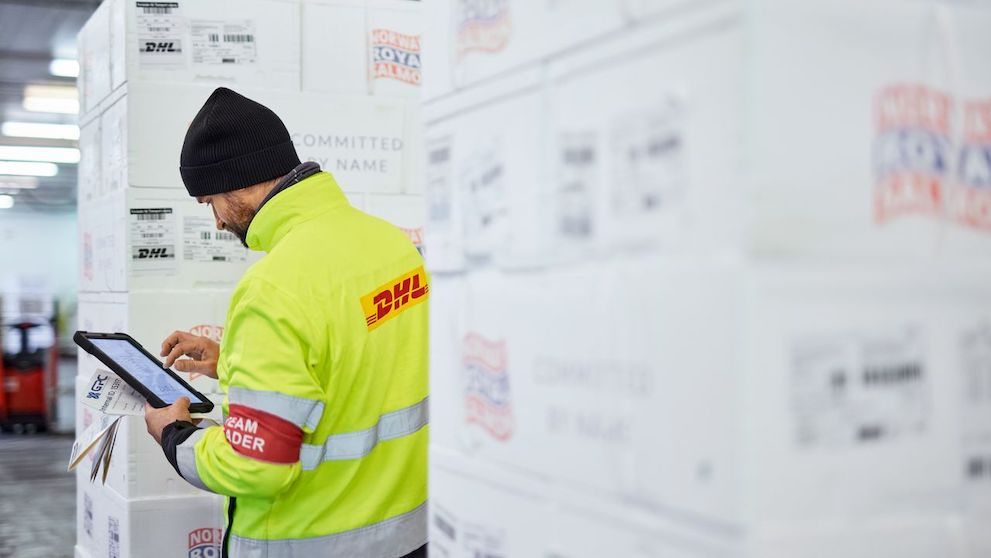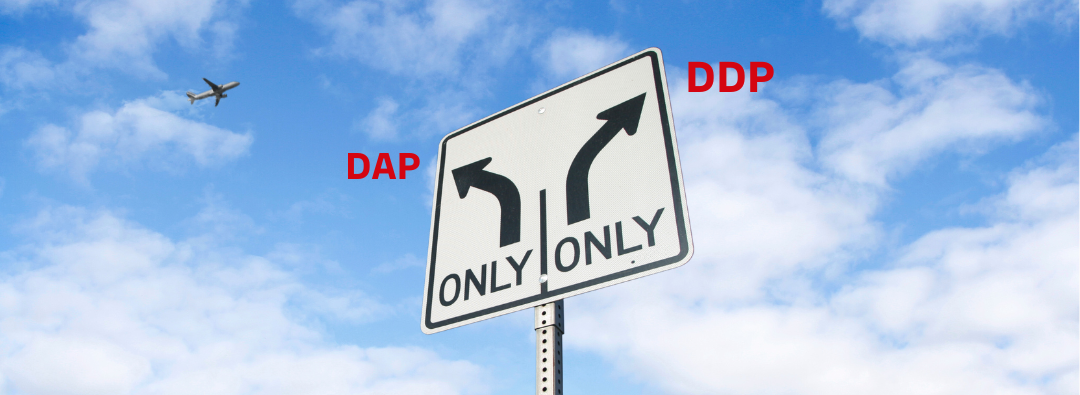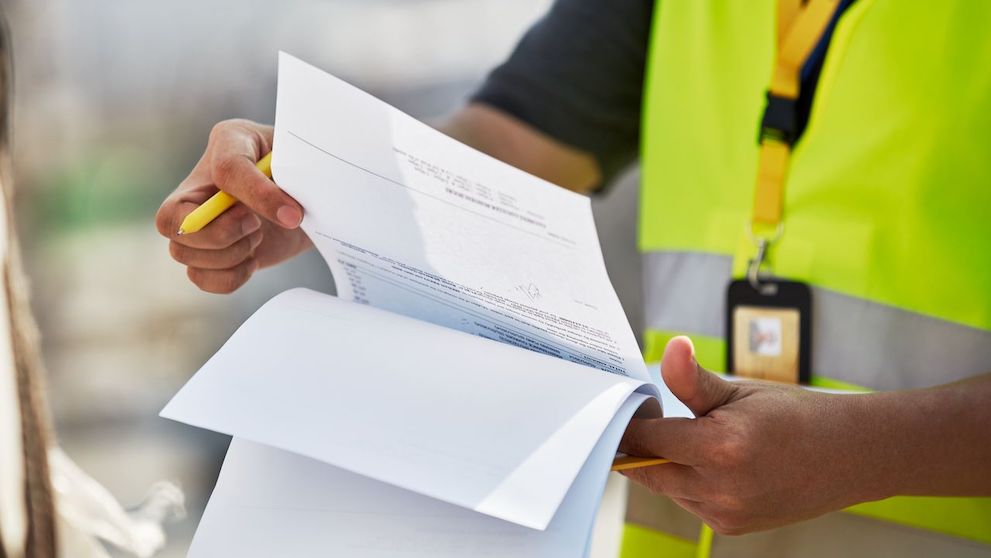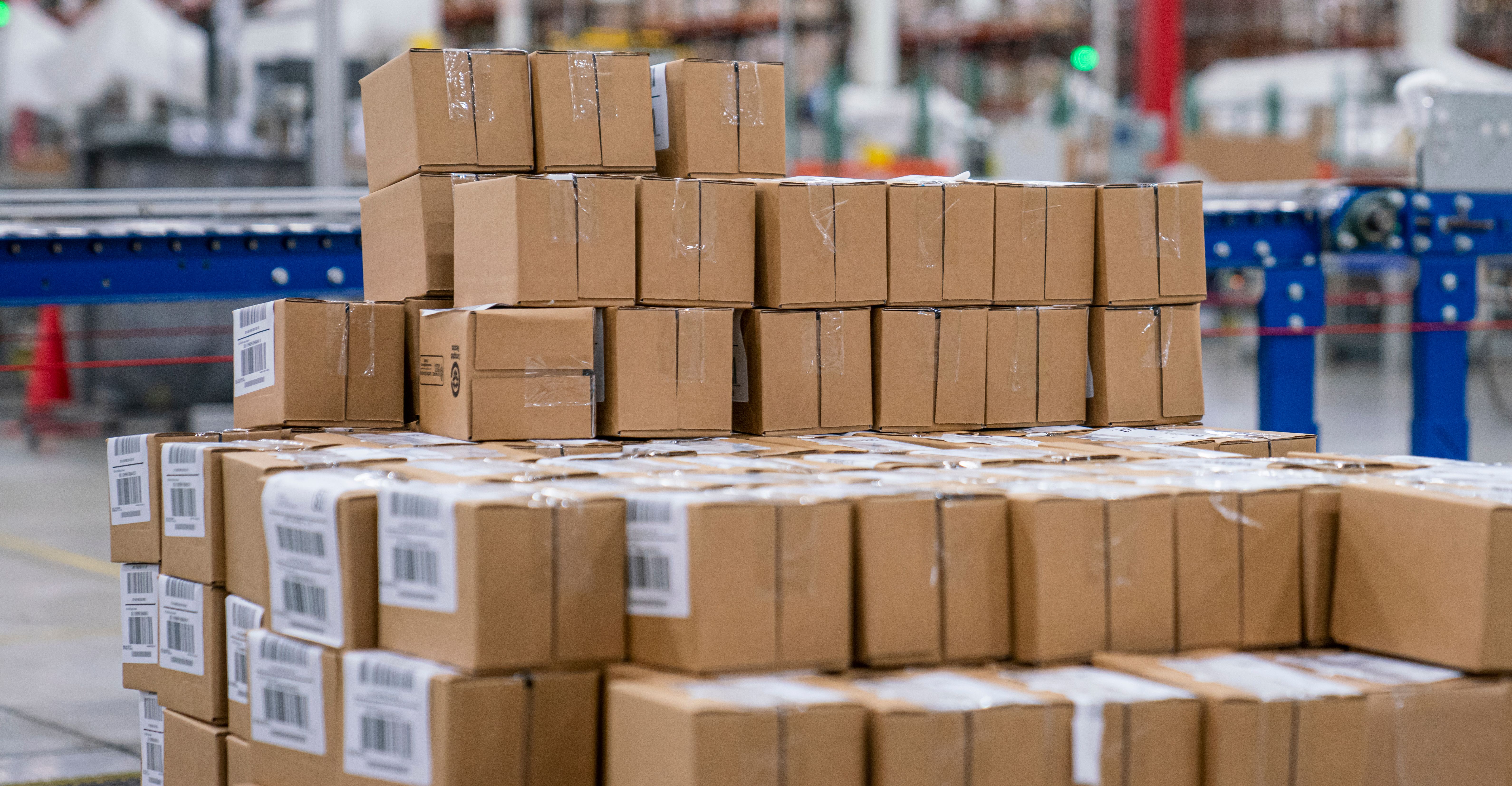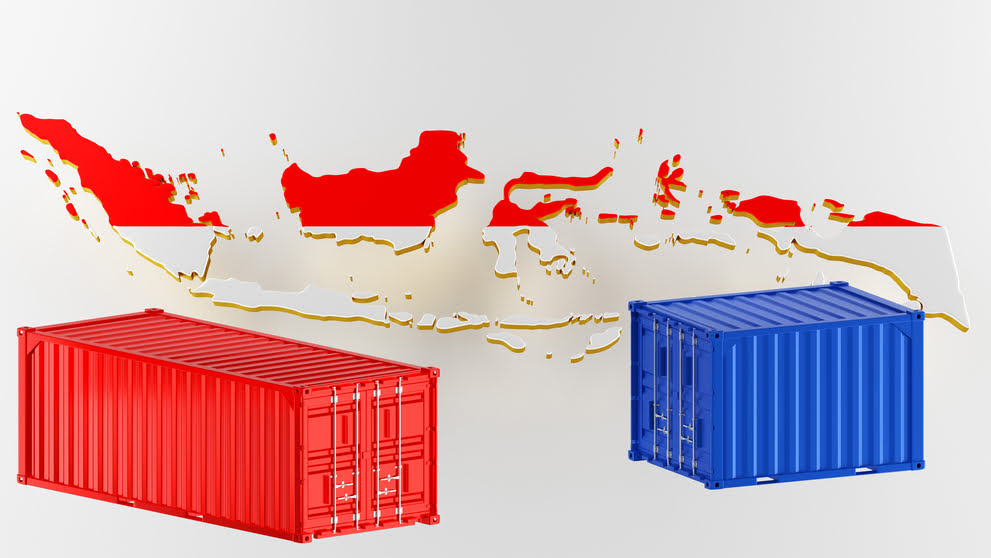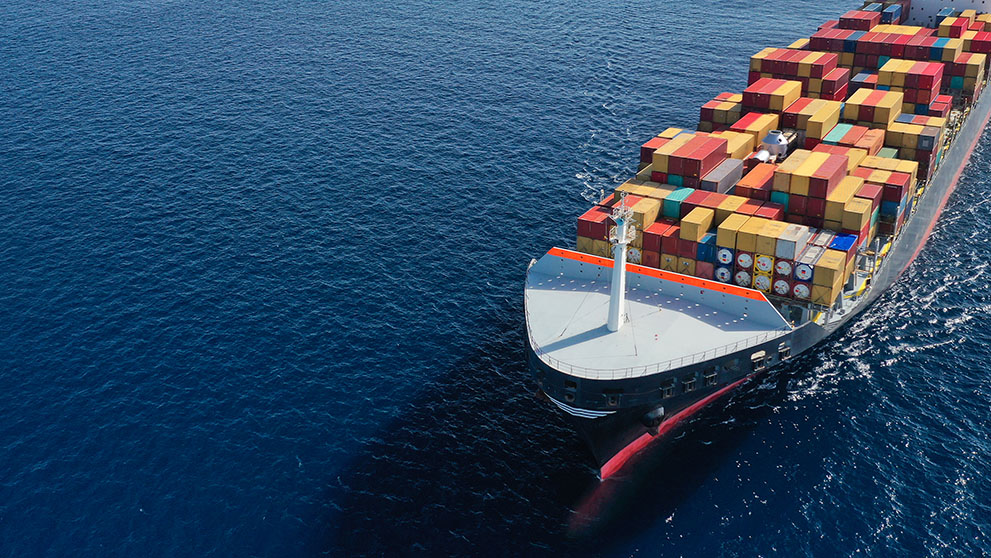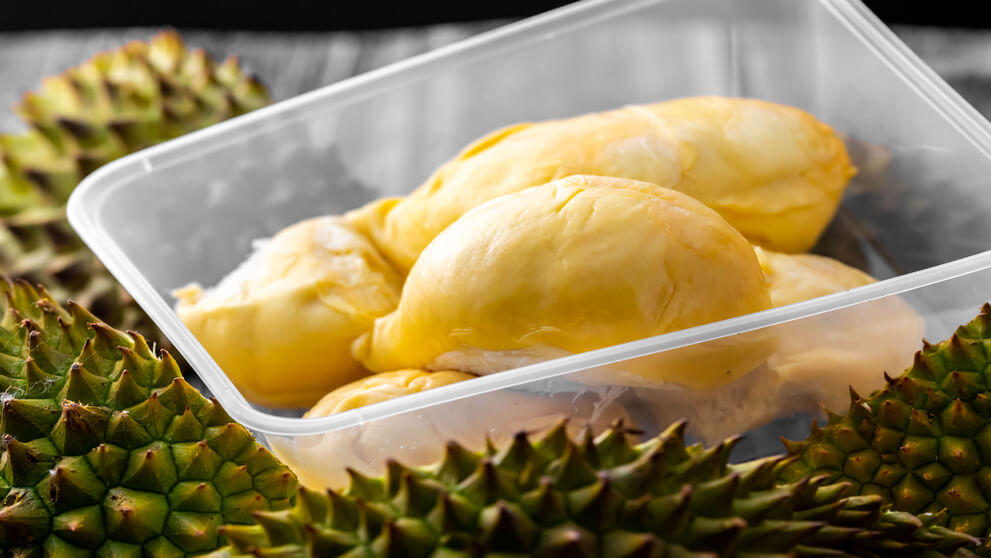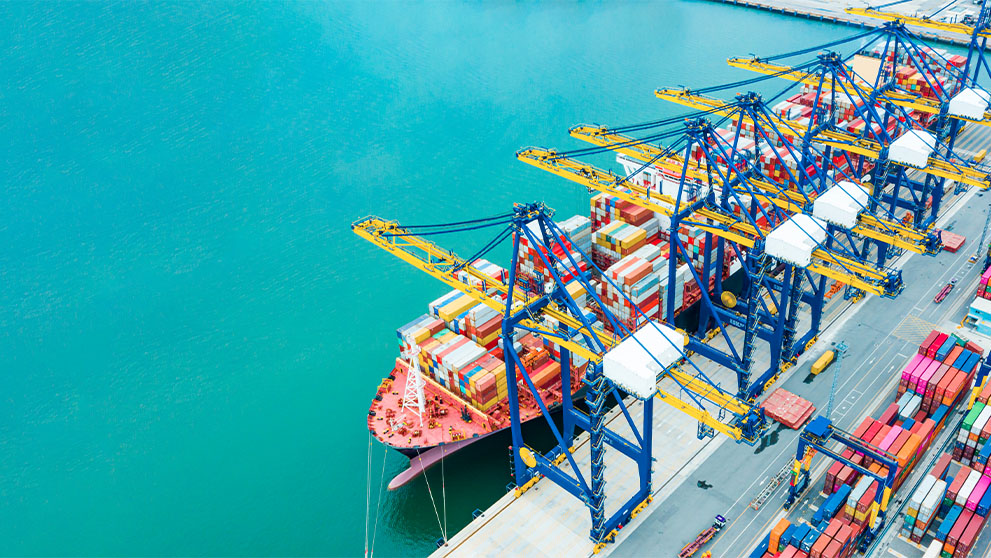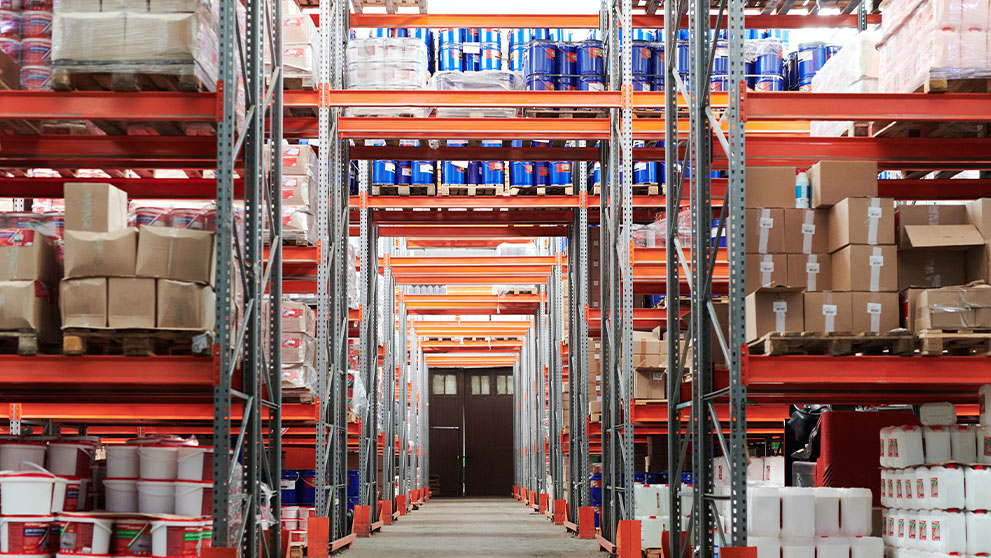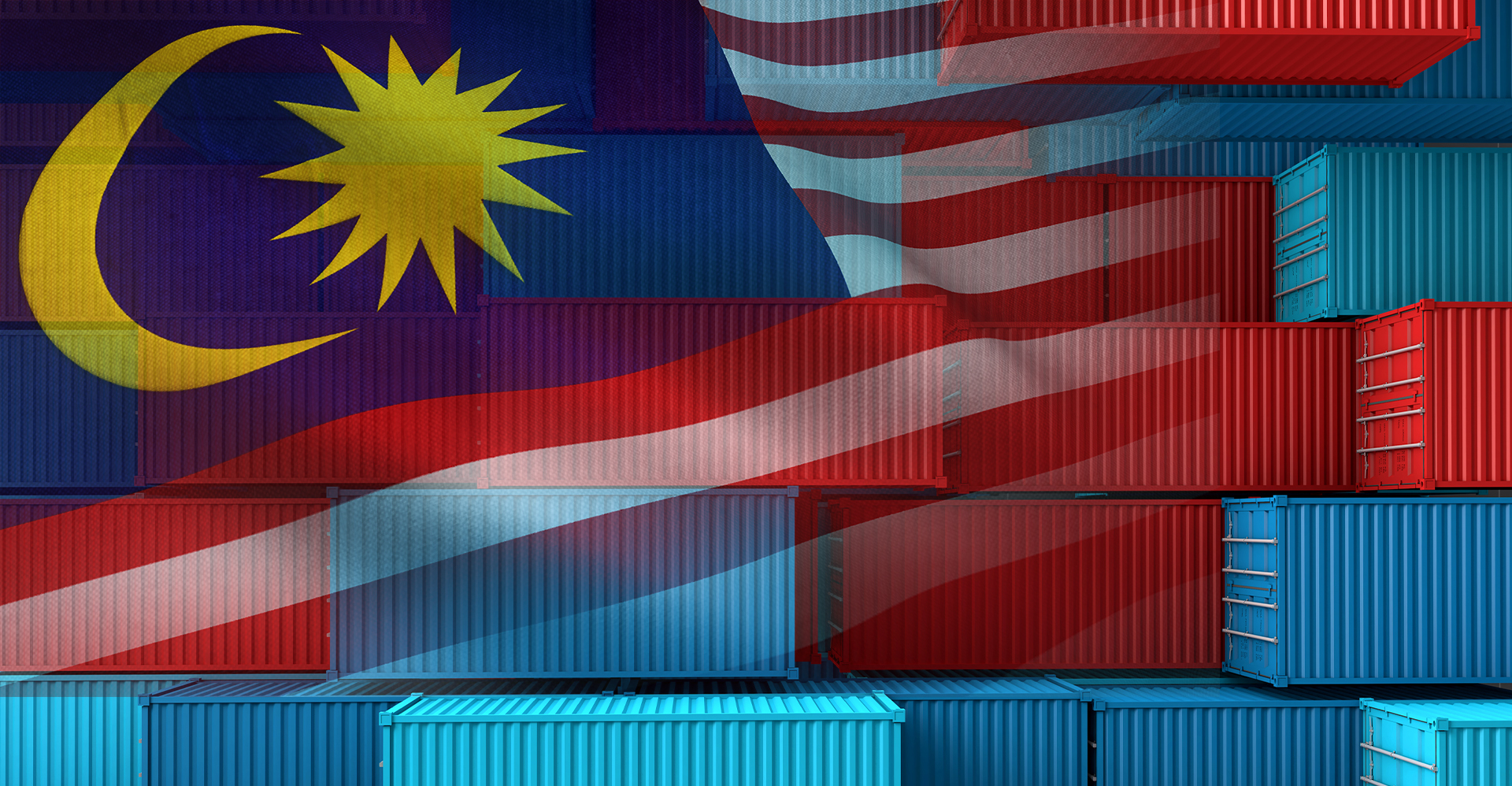Understanding Malaysia’s import duties and taxes, as well as the de minimis rate, can assist local businesses in having their products processed by customs more quickly. But what is de minimis?
De minimis is a value threshold and is important to note if you’re shipping parcels internationally. Shipments below the de minimis rate will have minimal to no tax charges when they enter a country. In Malaysia, the de minimis rate is at MYR 500 (US$115). This value considers the worth of the transported goods as well as the shipping costs. On the other hand, Sales and Service Tax (SST) was reintroduced in Malaysia and replaced the GST, affecting the import of goods. The standard rate for the SST is 10% while its reduced rate is 5%.
Leveraging the de minimis rate can make a difference in e-commerce transactions, especially for shipments valued below it. Read on to learn how de minimis affects businesses and the Malaysian SST rate.
What is de minimis in trade facilitation?
De minimis is inspired by the Latin phrase, ‘de minimis non curat lex,’ meaning ‘the law cares not for small things.’ When taken in the context of international trade facilitation, it applies to shipments so small in value that tax or duty need not be imposed on them.
When shipping your packages out, knowing about the de minimis value is crucial, because as long as they satisfy the de minimis requirement, you can ship them out without incurring any charges.
Being aware of the de minimis rate in Malaysia as a seller also means ensuring smooth shipping transactions for your shoppers or buyers since the shipment will not have to face any issues clearing customs.
Malaysia has a flourishing e-commerce market where approximately half the population (16.29 million) shop online actively. The high de minimis rate encourages online sellers to penetrate the Malaysian market as there is now less hassle for higher valued shipments.

